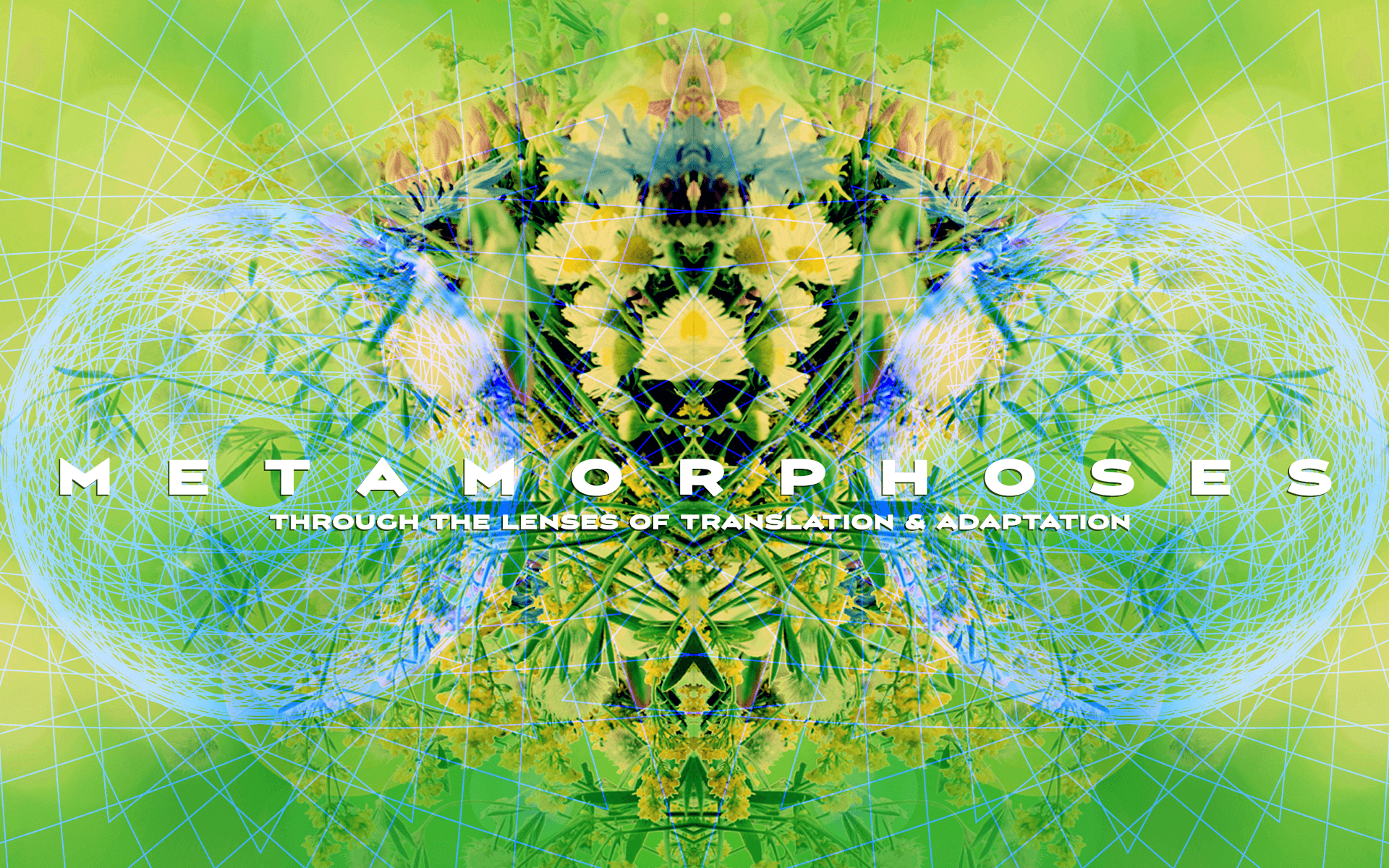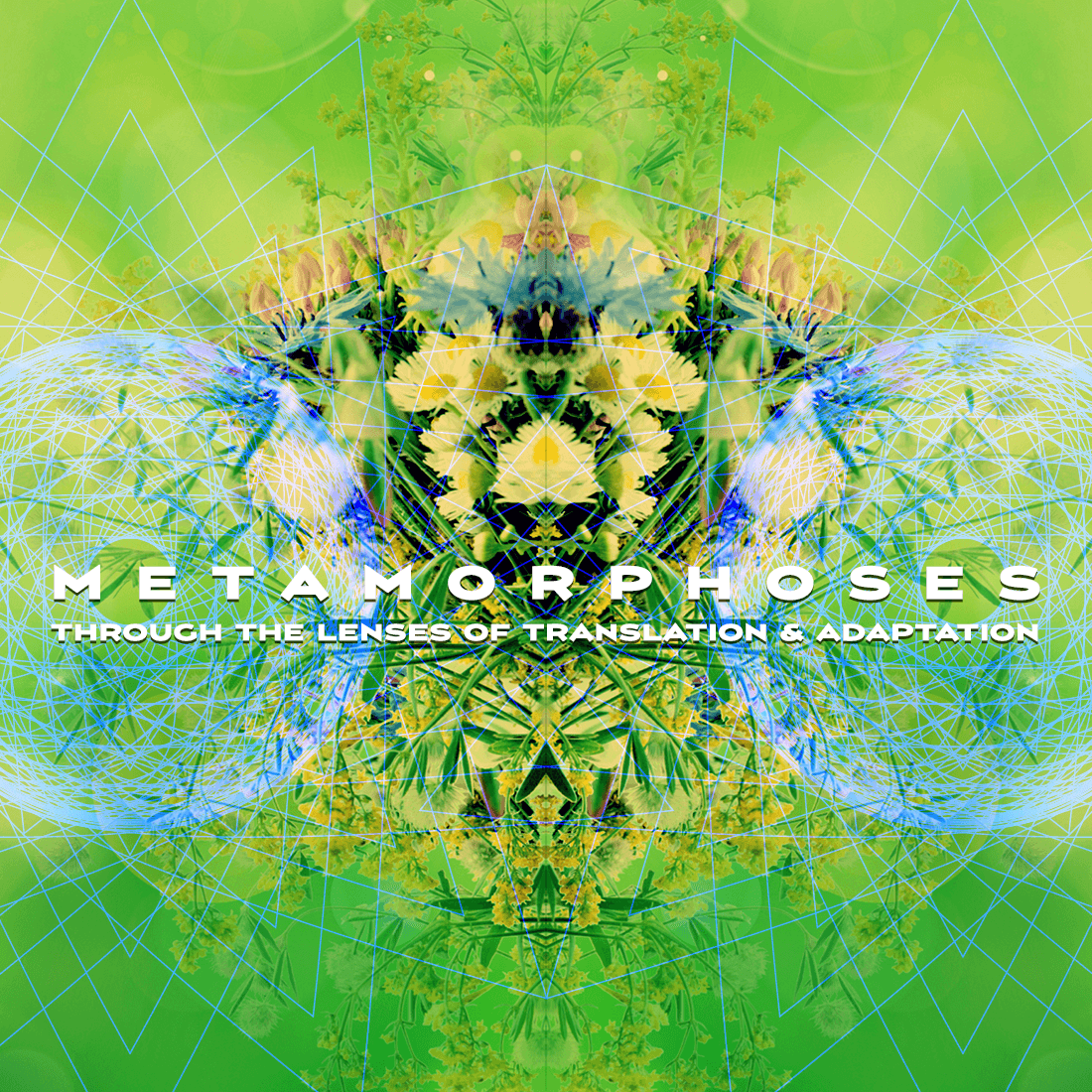ALEXANDRA REALE

In this issue, we talk to Conrad Spoke, a fifty-nine-year old factory worker and self-taught translator of Shakespeare. I first learned of his work while researching my undergraduate thesis in Linguistics, where I argued in favor of sensible translation of Shakespeare into Modern English. Boiled down, the idea is that there are certain words in Shakespeare’s plays that have evolved enough in the time since he lived and wrote so as to be rendered incomprehensible to modern English-speaking audiences. So you might assume that when Polonius says “Look thou character” to Laertes in Hamlet that he’s referring somehow to his moral fiber, but he’s not – “character” meant “write” in Early Modern English. He’s saying “write this in your memory,” or “make a note of it.” (See this persuasive piece for a fuller explanation, and for some more examples.) This phenomenon has not gone unnoticed by Mr. Spoke, who has worked since 2009 to shed new light on Shakespeare through translation.
Hi Conrad, thanks for making the time to do this interview!
What is your background in translation and in Shakespeare, and why did you get into this line of work?
Conrad Spoke
Until I started translating Macbeth into Modern English in the fall of 2009 I had no qualifications whatsoever. Till then I had never been captivated, entranced, beguiled, enthralled by Shakespeare. I speak no foreign languages.
Why should you read “Macbeth”? – Brendan Pelsue | Source: © TED-Ed/YouTube
I once took a field trip with an English class to see a professional production of Hamlet. It was mind-numbing. There was a cool stage effect when a ghost appeared, and not much else.
On July 20, 1997, in Tucson, Arizona, I bought a hardback copy of the Oxford University Macbeth for $5.98 + 0.41 tax at a Borders bookstore. It was a beautiful and compact volume, with scholarly-looking footnotes and a perfect dust cover, so I decided that this is where I would begin to become literate in the most important author in the English language.
Twenty years later I was still trying to read it. I would get about eight pages in and crash. I would go back and study the footnotes, try to thoroughly absorb it all, and read pages again. I read the lines out loud, pretended I was a stage full of actors conversing fluently, and pretended that these actors could comprehend one another fluently. But it never worked. I could never hear the meaning of the words as quickly as I could recite the words. Meaning was always hiding behind the weirdness of it, the sheer foreignness of it, the ‘Shakespeareyness’ of it.
To be or not to be – Kenneth Branagh HD (HAMLET) | Source: Carlo Bonaiuti/YouTube
The book would sit there on a shelf and intimidate me until I stored it in a box, then it would reappear on a bookshelf in a different apartment and intimidate me all over again. So I would take another stab at it. And it would stab me right back.
I could only assume that the fault was myself, that I simply didn’t have the right kind of mind to understand Shakespeare. After all, my high school French had evaporated completely: 0% retention. I could only assume that my capacity for Shakespeare was subpar because there is a sizable population out there who are able to get Shakespeare. They read the books, they go to the plays. And I just didn’t get it.
Over time I realized that there was nothing to get and that most of those Shakespeare consumers were just lying to themselves. Shakespeare’s works are written in a foreign language, it’s as simple as that. Call it semi-foreign if you like, since most of the words are individually identifiable as English. But there are enough foreign words in there, words which are no longer part of our lexicon, that at the level of the sentence Shakespeare (and his contemporaries) are beyond comprehension. Very, very few can honestly say that they experience spontaneous comprehension of all those sentences spilling out of actor’s mouths, and this can only happen after spending countless hours reading and re-reading the text and all those footnotes.
Teaching Shakespeare | Introducing Iambic Pentameter | Royal Shakespeare Company | Source: © Royal Shakespeare/YouTube
The average person, once he has gotten a few years beyond high school or college, will finally admit (to himself) that he neither understands nor enjoys Shakespeare. He will never again get more than a few pages into The Tempest or A Midsummer Night’s Dream and will only attend the occasional performance to remind himself that he isn’t a hillbilly.
The only difference between myself and everybody else is that I decided to do something about it. So in the fall of 2009 I found that nice little Oxford Shakespeare Macbeth, and started translating.
How much of your time does translating Shakespeare take up?
Conrad Spoke
When I was translating Macbeth and Romeo and Juliet I tried to spend at least two hours a day immersed in some aspect of the hobby, reading critical analyses, poring over a dozen editions to see what everyone else thought about a certain term, grinding through the Oxford English Dictionary to chase down an interpretation that perhaps everyone else had missed. It took about four years to produce a publishable Macbeth, but I spent the next couple of years honing the text and the endnotes, and eventually dispensed with every hast and thou.
Why do you think Shakespeare needs translation?
Conrad Spoke
Because we can attend two different performances of The Cherry Orchard, translated from Russian by two different translators, and understand all the words perfectly. We have 100% comprehension of either 1) “I’m at peace now. I don’t want to go to Yaroslavl and I don’t love my grandmother, but I still feel at peace. Thanks to Uncle.” or 2) “Now I’m calm. I don’t want to go to Yaroslavl. I don’t like my great-aunt, but all the same, I’m calm. Thanks to Uncle.” But with Shakespeare we are often utterly clueless: “The son of Duncan (from whom this tyrant holds the due of birth) lives in the English court, and is received of the most pious Edward with such grace that the malevolence of Fortune nothing takes from his high respect.”
That’s just not fair. No one would argue that Chekhov is being demeaned or degraded just because certain Russian words do not have adequate English equivalents, or because various translators arrive at differing solutions. We respect the translator for doing her best, and then allow ourselves to enjoy Chekhov’s artistry. The author himself is still there on the page and on the stage.
Highlights From “The Cherry Orchard” Starring Diane Lane, John Glover, Joel Grey and Chuck Cooper | Source: © Playbill/YouTube
Shakespeare is only slightly more comprehensible than untranslated Chekhov. If actors were to perform The Cherry Orchard in Russian but also provide the kind of mugging and overacting typical of Shakespeare, more than a few people would surely insist that they get it.
It’s simply a crime against art to refuse Shakespeare the kind of translations afforded Chekhov.
What is your biggest challenge in your work? Your favorite part?
Conrad Spoke
For six years the biggest challenge was to know when to stop fussing over a passage and move on. Now the biggest challenge is to think of a good reason to translate a third play. Just the thought of reading another play is depressing because I couldn’t help thinking about how to translate it.
The will to do more is now completely gone. All of my work has been tossed down the Memory Hole by bigots, and there is not one shred of a chance that my translations will ever be performed or published. Right now there is no favorite part.
Thank you so much for your time!
Editor’s Note: Mr. Spoke has submitted his work to countless theatre companies and theatre organizations, but has yet to see his work performed on stage. He is most stung by his exclusion from the sweeping Shakespeare translation project which the Oregon Shakespeare Festival undertook three years ago. In his view, the organization prioritized demographic information (Mr. Spoke is white) over quality of work, and it was on these grounds that he claims he was rejected. For now his translations of Macbeth and Romeo and Juliet live only on paper, and can be found here.
Conrad Spoke
is 59 years old and works in a factory.





